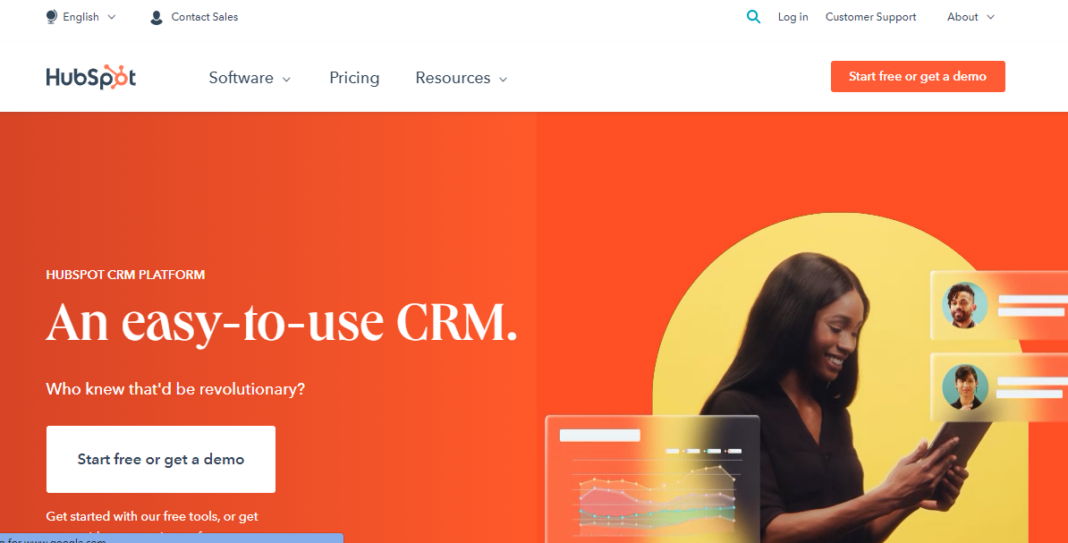If you are a business owner, you know that there’s much work to keep your company running smoothly. From marketing to sales to customer service, it can feel like there’s never enough time in the day to get everything done. So, what do you do when you need to add another task to your plate? You find a way to make it more efficient, of course. One way to do this is by integrating HubSpot with your other business applications. Please keep reading to learn more about HubSpot integration and why it matters for businesses.
Components of HubSpot Integration
The setup process for SaaS Integrator is very intuitive and simple. You can connect your systems in just a few clicks with no technical knowledge required, making it ideal if you’re looking to integrate several different platforms or are unsure how best to do so yourself.
Integrators are the best choice for businesses that want to grow with their data. They provide you comprehensive flows of any kind, no matter how much is being transferred or what type it is – whether this is emails between employees working remotely over emailing internally on a company intranet site instead. In addition, the HubSpot integrations using our iPaaS Integrator guarantee seamless performance and scale as your business does, too, without breaking stride.
The Self-Service With Low Maintenance SaaS Integrator is a stand-alone application that creates robust integration solutions, regardless of your needs. Whether you are an end-user or IT team. There will be no difference in quickly establishing data connections at low maintenance requirements.
SaaS Integrator is a powerful and flexible integration solution that can be adapted to your specific needs. You decide how data flows, whether or not you want particular modules included in the process, and what fields of information will come into each subsequent module for processing – all without having any trouble adjusting it according to changing requirements.
Options for HubSpot Integration
HubSpot integrates with your e-commerce to make sure you never lose a customer’s data. This integration means that all orders, transactions, and more are seamlessly synchronised from the E-Commerce platform into HubSpot for identifying repeat purchases or cross-promoting products to maximise lifetime value per client.
The benefits of integrating your ERP with HubSpot are numerous. First, it will help you control and nurture customer relationships. However, the finance teams can also view statuses on deals from CRM to complete their tasks more efficiently – all thanks to this reciprocal relationship.
You can personalise your service and control campaigns with the help of accounting integration. For example, you will be able to track each customer’s order, inquiries, or activities on their CRM in real-time, which helps create personalised offers based on sensitive information like age groupings, thus creating a more engaging browsing experience overall.
Conclusion
HubSpot is a powerful marketing and sales automation tool that can help businesses of all sizes increase their efficiency. However, HubSpot is most effective when integrated with other business applications.

